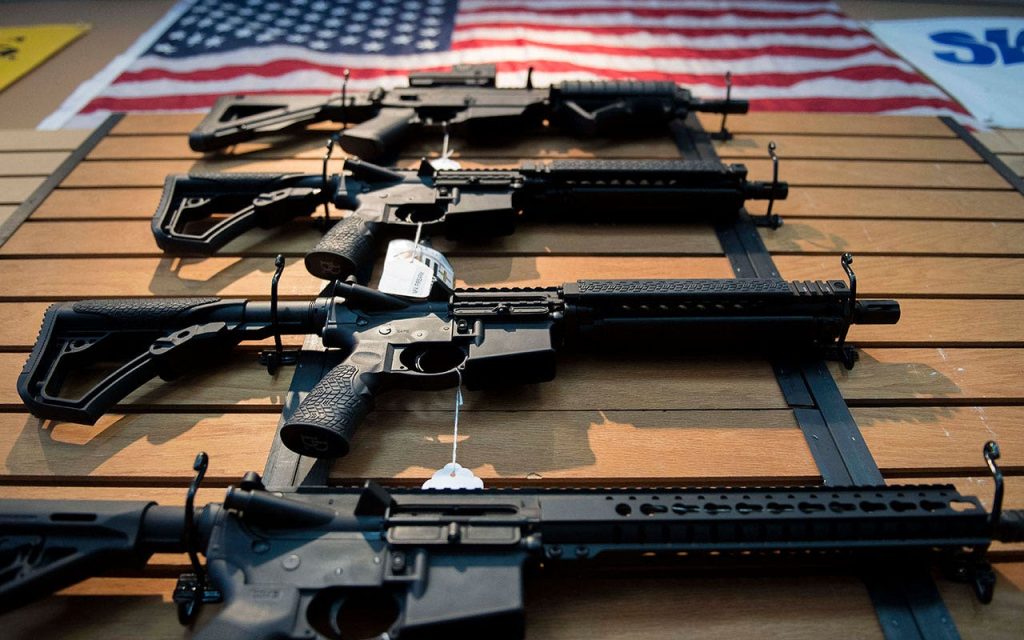The Biden administration plans to tighten firearms exports to prevent diversion to criminal groups and drug cartels. This effort includes lifting the pause on firearm exports, which was initiated last October, and replacing it with new restrictions that will take effect on May 30. These restrictions are expected to result in a 7 percent reduction in firearm exports, amounting to $40 million annually. The goal is to limit the diversion of guns to drug cartels, criminal groups, gangs, and other entities that could pose a threat to regional stability, human rights, and U.S. national security.
The Commerce Department is spearheading this initiative and plans to impose new restrictions on firearms exports and increase scrutiny on transactions to prevent exported firearms from being diverted for harmful purposes. The new interim final rule will impose restrictions on exports to non-governmental users in 36 countries that have been deemed to be at high risk of diversions or misuse. Export licenses will be revoked in some cases, and the duration of others will be shortened from four years to one-year licenses. This increased scrutiny on a transaction-by-transaction level aims to ensure that firearms are not exported to destinations of concern. The Biden administration is committed to taking these measures to address the risks associated with firearm exports.
The Department of Commerce announced the decision to lift the pause on firearm exports from May 30 and implement the new restrictions, citing the need to prevent firearms from being diverted for malign purposes that could harm U.S. national security. The 36 countries included in the restrictions are mainly former Soviet Republics, where the risk of diversions or misuse is deemed to be high. This move is part of the administration’s efforts to address concerns related to the diversion of firearms to criminal groups and drug cartels, which pose a threat to regional stability and human rights.
The restrictions imposed on firearm exports, which are expected to result in a 7% reduction in exports, have raised concerns among some lawmakers. In November, 46 Republican senators expressed significant concerns about the pause on export licenses, noting that it could impact U.S. commercial and economic interests, as well as national security and foreign policy. A similar letter was sent by House Republicans, highlighting the importance of addressing these concerns while also taking steps to prevent the diversion of firearms to entities that could fuel criminal activities and potentially harm U.S. national security. The Biden administration’s decision to impose new restrictions on firearm exports is aimed at striking a balance between promoting responsible firearm sales and preventing potential threats posed by the diversion of guns to criminal groups and other entities.


